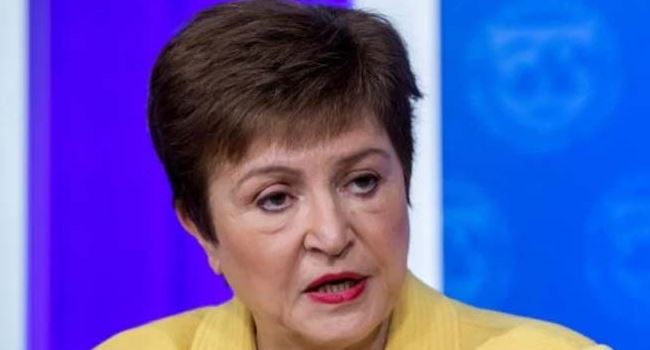Business
Nigeria, others need $110bn additional financing to combat COVID-19 effects –IMF

Nigeria and other sub-Saharan African nations require over $110 billion additional financing to deal with the impact of the coronavirus pandemic, the International Monetary Fund (IMF) has said.
The Fund stated in its Regional Economic Outlook report for sub-Saharan Africa released on Monday that it had offered financial aid to 29 countries in the region to the tune of $10 billion through its Catastrophe Containment and Relief Trust facility but noted that the fund was inadequate.
“Nonetheless, more international support is needed urgently. This year alone, countries in the region will face additional financing needs of over $110bn, and despite the efforts outlined above, $44bn of this has yet to be financed.
“This crisis is unprecedented. Our members need us now more than ever. And our efforts today will have significant consequences down the road, not only in helping our members offset the immediate tragedy of the crisis, but also in ensuring that peoples’ lives and livelihoods are not destroyed forever,” it said.
The IMF enjoined countries in the region to aim at transforming their economies, generating employment and improving the standard of living once the pandemic had subsided.
Read also: IMF downgrades Nigeria’s 2020 GDP growth projection, forecasts 5.4% contraction in economy
It went further to say that just like before the coronavirus outbreak, part of the efforts would necessitate restoring fiscal positions to a state consistent with debt sustainability.
This would consequently demand a renewed resolve to pursue revenue mobilisation, public financial management reforms and debt management.
“In addition, sustainable, job-rich, and inclusive growth will require private sector investment, along with a business environment in which new ideas and projects can flourish, and where new opportunities can be developed fully,” it said.
The multilateral lender also emphasised the need for the region to, as a matter of urgency, prioritise preservation of health and lives.
According to the IMF, authorities should shift gradually from broad fiscal support to more affordable, targeted policies, focusing particularly on the poorest households and sectors worst hit by the crisis as the region begins to recover.
Join the conversation
Support Ripples Nigeria, hold up solutions journalism
Balanced, fearless journalism driven by data comes at huge financial costs.
As a media platform, we hold leadership accountable and will not trade the right to press freedom and free speech for a piece of cake.
If you like what we do, and are ready to uphold solutions journalism, kindly donate to the Ripples Nigeria cause.
Your support would help to ensure that citizens and institutions continue to have free access to credible and reliable information for societal development.
























